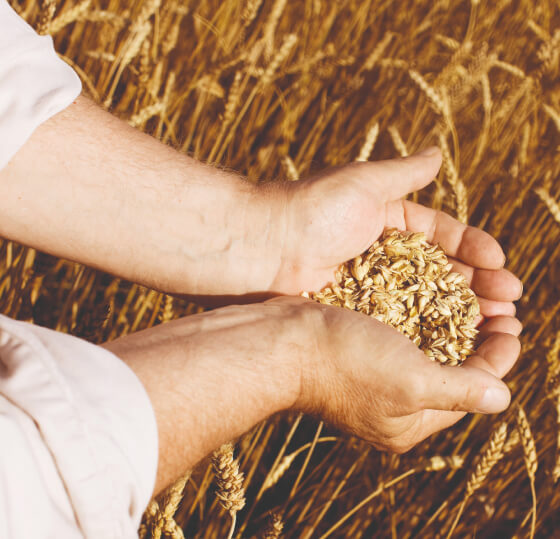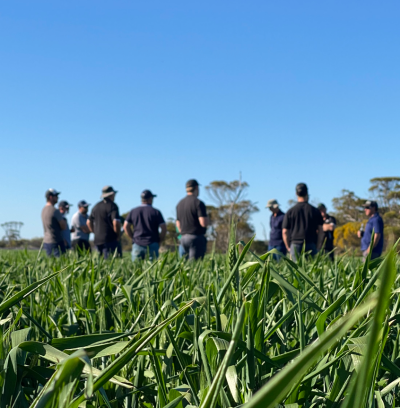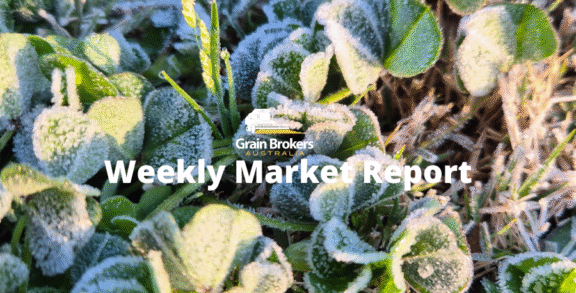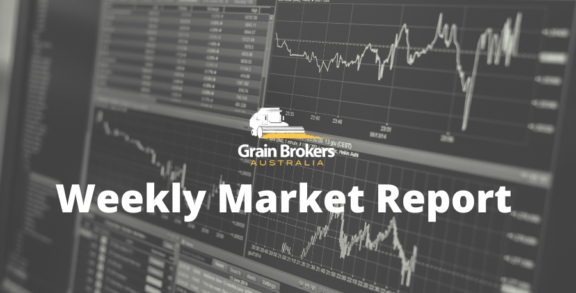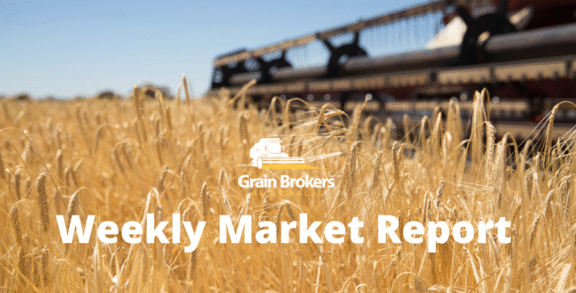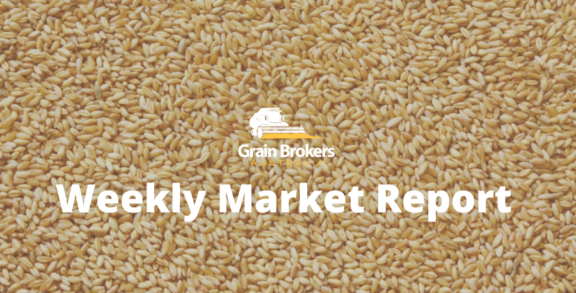
Egypt’s new state grains buyer, Mostakbal Misr, has been highly active in global wheat markets, booking additional shipments in the past two weeks, which, when added to purchases announced in September, bring the reported buying spree to more than one million metric tonne in less than two months.
The wheat deals revealed to the market last month were in the 500,000 to 600,000 metric tonne range for arrival throughout September and October from the Black Sea region, predominantly Russia. The country has since booked additional wheat in private transactions from origins including Romania, France, Bulgaria, Ukraine, and Kazakhstan for October, November and December delivery. Around 250,000 metric tonne from the initial tranche has already been discharged at Egyptian ports.
The purchase from Kazakhstan is the first such transaction in more than 15 years, marking a unique shift in sourcing as Egypt seeks to diversify its imports. Landlocked Kazakhstan, which primarily ships grain via Russia’s Black Sea ports, is increasingly seen as a strategic wheat origin alternative amid rising global supply disruptions.
The military-linked Mostakbal Misr, which translates to Future of Egypt, took over responsibility for government purchases late last year, assuming the task previously executed by the General Authority for Supply Commodities. GASC, a civilian agency under the government supply ministry, traditionally imported wheat and vegetable oils via international tenders. By contrast, Mostakbal Misr has focused on private deals, primarily through local importers.
Over the past three years, the private sector has gradually increased its market share of wheat imports, in line with increased production of wheat flour for export to regional markets throughout Africa and the Middle East, as well as distribution to domestic bakeries and cafes producing high-quality flour-based products.
In the first eight months of 2025, the private sector accounted for 69 per cent of total wheat imports as improved economic conditions and more competitive prices in the international market enhanced margins. Since the marketing year began on July 1, private companies have further increased their market share to around 76 per cent, while the state’s portion plummeted to 24 per cent of total imports. Traditionally dominated by state entities, this marks the first time in more than twenty years that private sector participation in Egypt’s wheat trade has risen so dramatically.
Domestic production of wheat in Egypt for the 2025/26 marketing year (July to June) is estimated to be 9.2MMT off a harvested area of 1.33 million hectares, according to the Egypt bureau of the United States Department of Agriculture’s Foreign Agricultural Service. This compares to 9.0MMT off a harvested area of 1.3 million hectares in 2024/25, and 8.9MMT off a harvested area of 1.35 million hectares in 2023/24.
The Egyptian wheat crop is generally planted in November and harvested in April. The area planted to wheat each season largely depends on the government-guaranteed procurement price. In recent years, the promise of high prices has encouraged farmers to grow more wheat and sell it to state-backed accumulation entities after harvest.
In March, the government announced that locally produced wheat from the 2025 harvest could be supplied voluntarily to GASC from mid-April until mid-August for a guaranteed price between US$277.20 per metric tonne (≈AUD428.10/MT) to $290.40/MT (≈AUD448.50/MT), dependent on delivered quality and moisture. As of August 15, the government had procured roughly 3.94MMT of milling wheat, along with smaller quantities of durum wheat and seed for wheat breeding programs run by the state-operated Agricultural Research Centre.
Egypt’s population currently stands at 108 million, but is on a trajectory to 124 million by 2030, according to the Central Agency for Public Mobilisation and Statistics. Wheat consumption has been slowly growing as a result, with FAS calling it 20.3MMT in 2025/26, up from 20.0MMT in 2024/25. The main consumption category is FSI (food, seed and industrial), accounting for 19.3MMT, while the stockfeed sector consumes just 1MMT.
The demand figure includes wheat flour exports of 1MMT, down from 1.3MMT last season. The fall is a result of stricter export requirements, mandating full deposit of US dollar proceeds in nominated Egyptian banks prior to shipment of the product. This policy shift aims to balance domestic market needs with export volumes of wheat flour.
According to FAS, Egypt’s flour export focus has been Africa and the Middle East, especially conflict zones such as Gaza and its southern neighbour, Sudan. However, Sudanese wheat milling operations have reportedly resumed, decreasing import requirements and forcing Egypt’s exporters to seek new markets to fill the demand void.
While intake of wheat-based foods dropped slightly due to inflationary pressures in 2024/25, baked goods and flat bread produced by the private sector remain relatively affordable compared to other essential food items. Encouragingly, inflationary pressures in Egypt have begun to ease, with headline and food inflation declining, reflected in improved market conditions and stabilised demand for baked products and cereals.
All this points to an increase in import requirements in 2025/26, with the USDA landing on 13MMT in its September global supply and demand update. This will make Egypt the world’s biggest importer of wheat in 2025/26, 1MMT ahead of Indonesia and 4MMT ahead of Algeria. This projection is up from imports of 12.4MMT, 12.4MMT, 11.2MMT and 11.3MMT in the four preceding marketing years.
The largest supplier of milling wheat to Egypt in the 2024/25 marketing year was Russia with 8.3MMT, or two-thirds of the total, followed by Ukraine with 2.1MMT, and member states of the European Union with 1.74MMT, collectively. Trade data suggests imports in the first quarter of 2025/26 totalled 3.3MT, a decrease of more than 600,000 metric tonne compared to the previous corresponding period.
Call your local Grain Brokers Australia representative on 1300 946 544 to discuss your grain marketing needs.
Written by Peter McMeekin.
